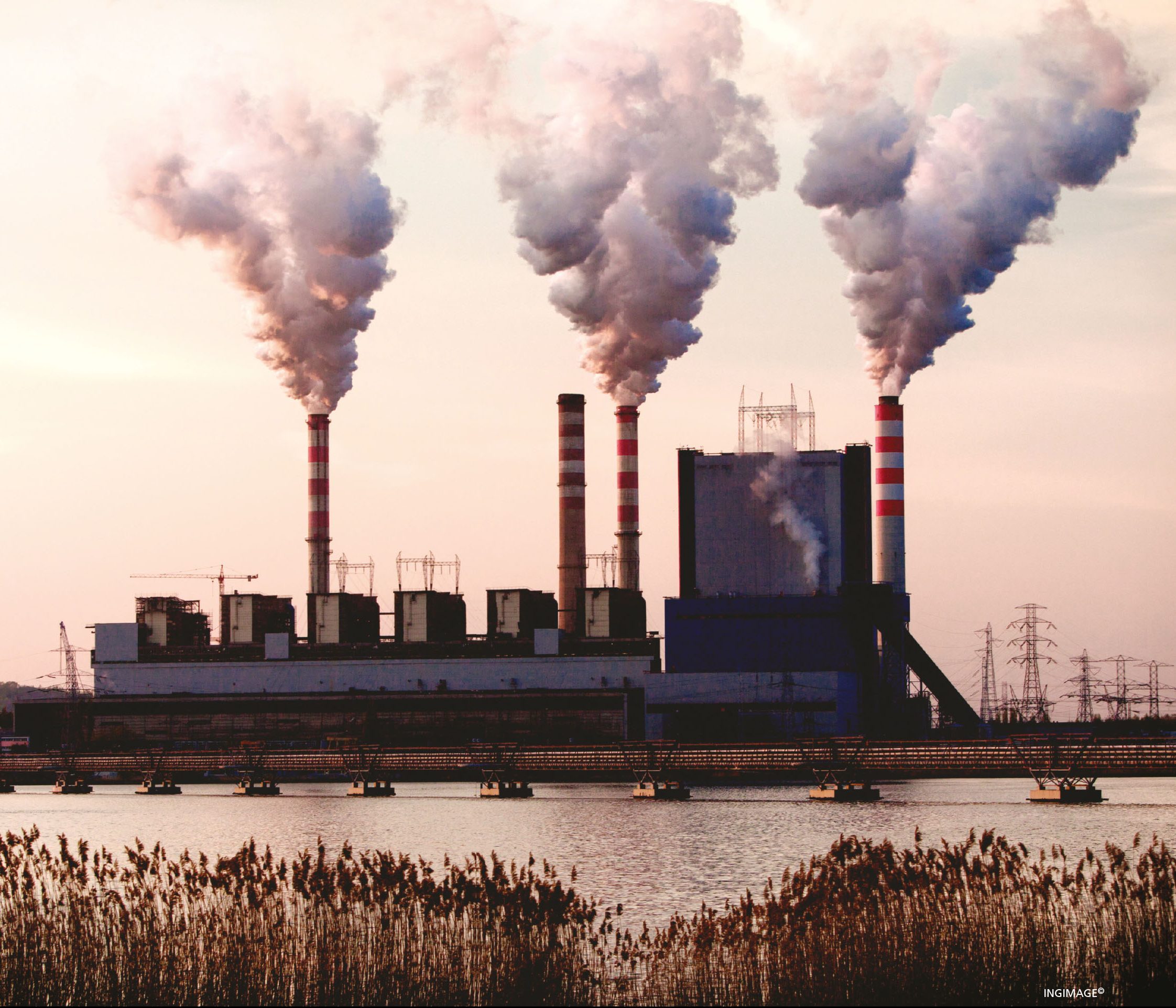CORPORATE SUSTAINABILITY
ACTION STATIONS
Kiran Dhanapala reports on trends in corporate sustainability

New Year expectations are inevitably influenced by recent experiences. Last year, climate change caused extreme weather events and political unrest with refugee movements featuring significantly – it personalised climate change impacts across the world in real time on our TV screens and in social media.
In Sri Lanka, a drought and floods caused immense suffering, and this had a major economic impact as seen in lower growth estimates for 2017.
The World Bank estimates year on year growth in the first half of last year at 3.9 percent mainly due to the effects of weather on the agriculture sector. It estimates annual economic losses at Rs. 50 billion for housing, infrastructure, relief and agriculture related expenditure – or about 0.4 percent of GDP and 2.1 percent of government expenditure.
Further economic costs include high imports to the detriment of the trade balance and pressure on the exchange rate. Given the current lack of fiscal space, the World Bank considers climate change and natural disasters among the four risks Sri Lanka needs to manage in the future.
THE CLIMATE The extreme weather related events of 2017 must surely propel us with increased awareness into action. Proactive planning for resilience is necessary to gauge the future impact of natural disasters.
Planning on a business or country level can no longer happen as in the past. The call is for transformation – i.e. how we plan and do things that take into cognisance the need to strengthen our resilience to meet the increased likelihood of climate change related impacts.
Recognition of climate change has led to greater voluntary corporate disclosure of global carbon emissions. The use of carbon pricing increased between 2014 and last year – including in the US – among corporates participating or wanting to participate in an emissions trading system (ETS).
This number stands at over 1,389 corporates including 100 Fortune Global 500 companies. It includes companies in China, Japan and South Korea. China’s plan to implement the largest ETS is spurring change. Most companies have mixed reasons but about 500 note that they’re affected or expect to be affected by carbon pricing regulations.
INFORMATION Secondly, we are living in the ‘age of information.’ This will become increasingly contradictory and most certainly overwhelming in volume. Information overload is real, requiring simplicity in communication.
Paradoxically, while the US government was the only holdout in signing the Paris Agreement in 2017, a report released by 13 American federal agencies notes that humans are the main cause of rising global temperatures – the first scientific update since 2014 with more detailed economic research estimates that the cost of climate change causes runs into billions of dollars annually.
The US report also observes that emission growth rates slowed in 2014 and 2015 as economic acceleration became less carbon intensive. The decoupling would have been cause for celebration if it wasn’t tempered by the opinion that the slowing trend is insufficient to limit global average temperatures to below 3.6°F (2°C) above pre-industrial levels.
LEADERSHIP A third trend is the changing nature of leadership. It necessitates being forward-looking in redefining economic growth that encapsulates the three ‘Ps’ – People, Planet, Profit. Future leadership will require purpose, performance and participation. Businesses with purpose illustrate this.
Last year, a global survey on leadership in sustainable development and sustainability noted that non-profits or NGOs were the leading institutions recognised as leaders, followed by social entrepreneurs and independent research or academic organisations. The UN came in fifth and governments last.
The top three values among corporate sustainability leaders are as follows: integrated sustainability values, strong sustainable development values of executive leadership and sustainability being part of the core business model; the top three values driving recognition of non-profit organisations included stakeholder engagement and collaboration, innovation or science-based knowledge; and scale or reach of initiatives.
Experts surveyed believe that future sustainability leadership will depend on integrated vision, innovativeness of vision and communication, engagement and advocacy.
TIME TO ACT Strengthened integration of Sustainable Development Goals (SDGs) in national and corporate planning is likely to be high on the agenda as time is moving rapidly, and we need to shift from hype and box ticking to action.
Philanthropic CSR is insufficient and nor is saying you are ‘aligned with SDGs’; instead, act by giving hard data to check if a problem was solved and in what (net) way you’re responsible for the solution. Add relevant SDG related metrics to your sustainability management system.
Convergence thinking requires harnessing respective strengths to meet national SDG priorities.






A corporate body or organisation is identified as a separate legal entity. Hence, corporates too have rights, as well as responsibilities. Corporate sustainability (CS) is not to be recognised and treated as a one-off activity outside the goals, objectives and culture of a corporation. How many organisations consider the many outcomes especially the negative effects stemming from their business operations?
To date, buses imported and used in private bus transport do not cater to many passengers in terms of age, safety, ventilation for a tropical climate, ease of getting in and out etc. Yet leasing and finance companies are providing finance facilities to import the same; similarly, credit lines are approved for ethical business operations which have minimal harm on people and the environment.
I wonder how many of them have the propensity to understand, envision and innovate by embedding the three Ps into organisational goals and accordingly, goals of respective business units. It is vital that core business systems carry tools and yardsticks enabling continuous feedback to monitor and review CS from the perspective of the overall organisation. For this purpose, IT systems should be flexible and much lies in the hands of leadership.